Is social media ruining your relationship with cycling?
Cutting back has been shown to have mental health benefits, but what’s the right balance to strike?


After you’ve gone for a ride, what’s the first thing you do? Take your shoes off? Or sync your ride to Strava and post a photo on Instagram? I’ve certainly been guilty of the latter – and then going on to spend far longer than intended checking out rides uploaded by others, and browsing through their 10-story-long packed day. Yep, with my cycling shoes still on.
There’s no one making me do this and, to be honest, I’m feeling pretty content when scrolling on through. But still, there’s no doubt social media can often feature more heavily in our lives than perhaps is healthy.
Like with most things in life, there isn’t a simple black and white answer. There are some tangible benefits that using social media can bring – but then there are also recent studies (some of which I’ll dig into further down) that show how cutting down on social media can have mental health benefits.
But first, we spoke to chartered sport and exercise psychologist at Performance in Mind, Josephine Perry, to find out more about the impact of social media on our cycling performance and how it affects our enjoyment of the sport. Crucially, Perry also gives us tips on how to stop social media from harming our mental health.
Ways social media can have a negative effect
All too easy to compare
“One of the issues with social media is we see everybody else's best life,” Perry points out. It’s rare to honestly see other people’s lives on social media because we all want to post our best bits. Perry warns that this can be harmful to our mental health.
“We see them looking like they've just had an amazing six hour ride when nothing went wrong and the route was beautiful, and we compare it to the ride we did where we had a puncture, the roads were rubbish and we couldn't get out the watts that we wanted to - then we feel like we failed in comparison.”
“So we end up comparing our true selves and our true life with the glossiest bits of other people, and that can make us feel like we're failing, even though we're absolutely not,” she confirms.
The latest race content, interviews, features, reviews and expert buying guides, direct to your inbox!
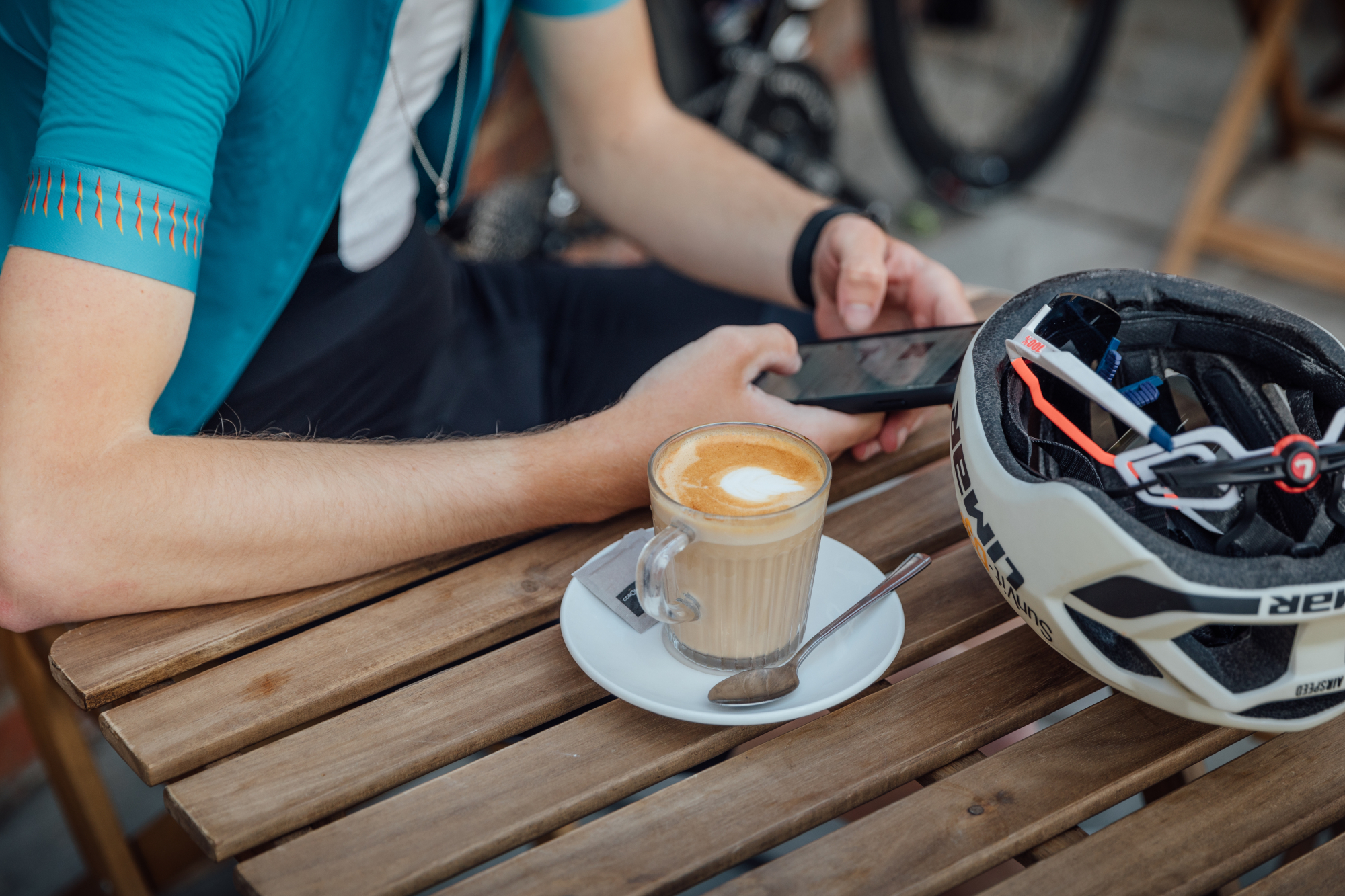
Risk of exercise addiction
“I know from research that I've done that the more technology you use in your cycling, the higher your risk of exercise addiction,” Perry warns.
Social media and social fitness tracking platforms such as Strava can tempt you into doing more than you should be.
“If you’re using these apps, you increase your risk of feeling like you need to do more and more and more to keep up with other people,” Perry notes, “and that can be really harmful to your performance, but also harmful to your relationships with other people, and to your risk of injury or illness.”
That’s not to say that cycling isn’t brilliant for your wellbeing, there are so many benefits of cycling for your mental health, as long as you don’t go overboard.
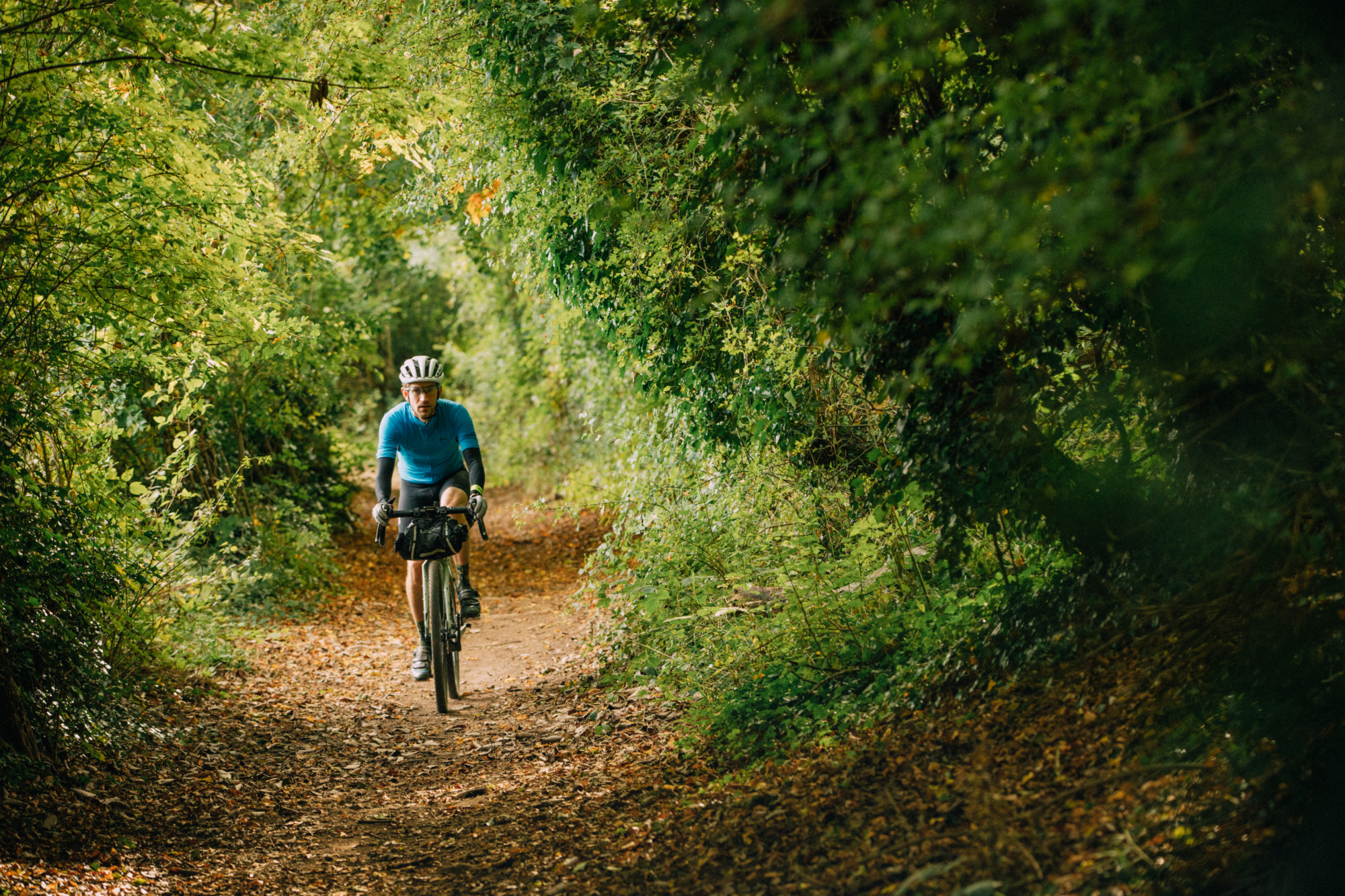
“Cycling reduces risk of depression and anxiety, it gives you headspace to work through problems,” Perry stresses but adds, “at some point that tips into a negative if you're doing too much without intention or purpose, and you're doing it purely because you're trying to keep up with other people, even though their goals may be very different to yours.”
Be mindful of this and set yourself targets so you have something to focus on.
These apps don’t have to be about always comparing yourself to others, they also have plenty of useful features for tracking your own fitness goals. On Strava, you can set a weekly or yearly distance or time goal, or specific power goals for different time intervals, or a time goal for a segment.
Wasting time and lack of achievement
Eight hours is a lot of time to be spending endlessly scrolling on social media – but that’s the amount of time many people plough into the platforms every week, according to one study. If you gain back those hours, you’ll have a lot more time to fit in - not just one bike ride, but - a number of shorter outings across a week.
Who isn’t time-constrained? Quite often the slot we have to cycle is fairly narrow and so if we’re eating into that time by spending it on social media could mean it’s too late to get out and do a session, which is a massive shame.
Even if you just reduce your social media usage by 45 minutes you’ll have time to fit in one of these short sharp HIIT workouts that take as little as 23 minutes, plus shower and grab a recovery drink to get that all-important muscle-building protein in before you move onto whatever you have next in your busy life.
How can you use social media to benefit your cycling
Still, using social media does have its benefits. “One of the core routes to motivation for us is a sense of belonging, feeling connected to other people, and social media is a good way to do that as it makes you feel like a cyclist because you follow cyclists and you see what's going on,” Perry points out, “you get information and entertainment.”
Social media platforms specifically for cycling such as Strava can also give you a mood boost. Receiving kudos feels good.
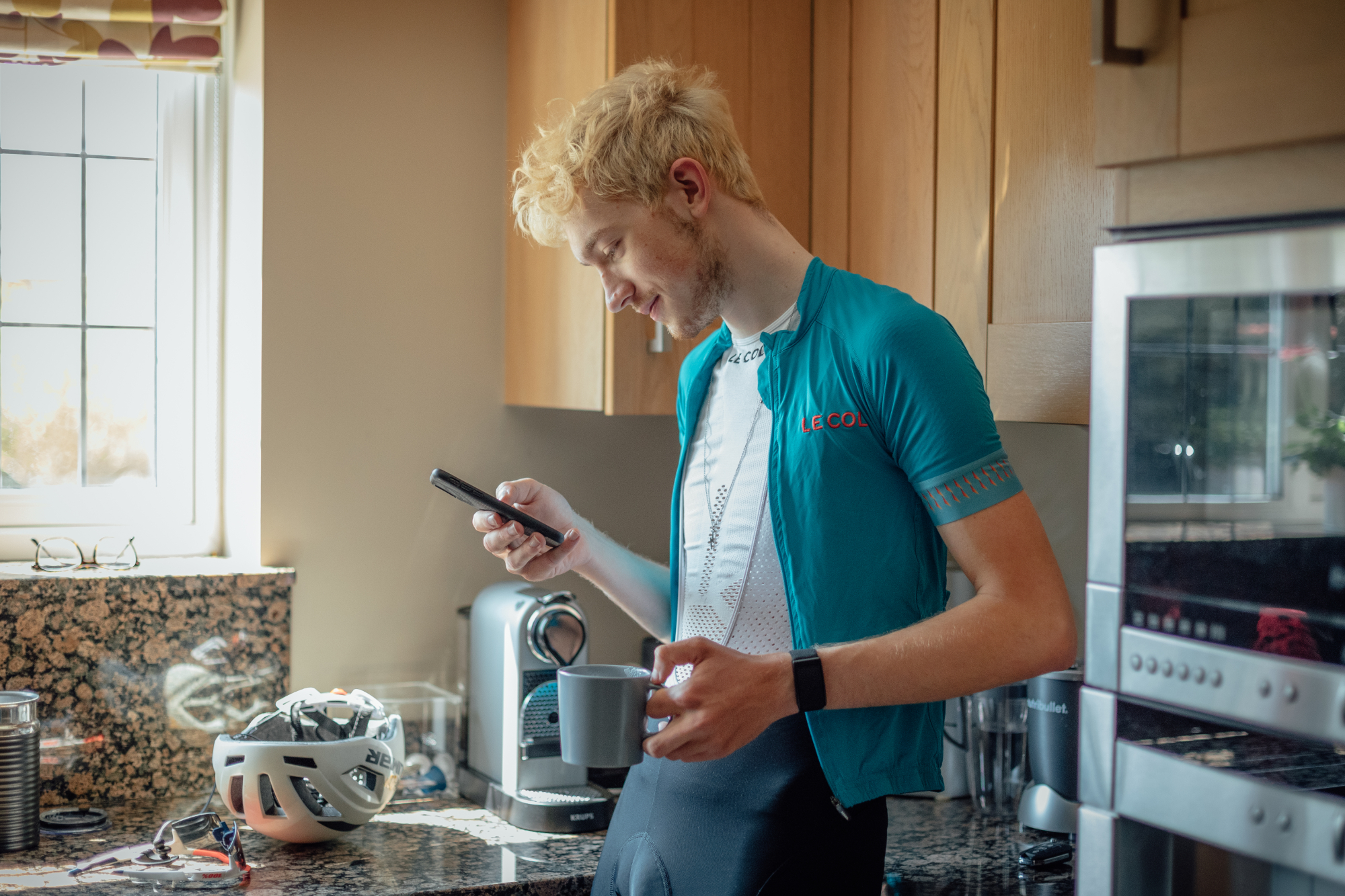
Monitor and reduce your usage
Researchers of a study that was recently published in the journal Cyberpsychology, Behaviour, and Social Networking found asking people to take a one-week break from social media can lead to significant improvements in wellbeing, depression, and anxiety.
Wellbeing here is defined as an individual's level of positive affect, life satisfaction, and sense of purpose - all important things, for sure.
Researchers analysed the social media usage of 154 adults with a mean age of 29.6 years and found that on average participants in the study spent around eight hours a week on social media. That’s a lot of time, which could of course be spent cycling.
Half of the participants - those in the ‘intervention group’ - were asked to quit using Facebook, Twitter, TikTok and Instagram for one week. They weren’t forced to but instead were given tips on how to stop using these social media sites including deleting the apps, turning off notifications, disconnecting from Wi-Fi and downloading an app blocker.
For comparison purposes, those in the ‘control group’ were asked to keep using social media as they usually would.
Once the week-long period was up, participants in both groups completed a follow-up survey to assess their mental health and also shared their screen time usage to the researchers.
Researchers found that those in the intervention group significantly reduced their social media usage down to 28 minutes per week which is significantly less than the eight-hour average. Alongside this, they reported back lower levels of depression and anxiety.
Essentially the study showed that you can experience the mental health benefits of taking a break from social media without completely turning away from these apps.
The one consolation about getting tied up with technology is that it’s also super easy to track and analyse how much it is taking over your life.
There’s plenty of apps you can download to monitor and limit your usage. You can set alerts so that you’re just being reminded how much time you’ve actually spent on specific apps or you could go in even harder and set yourself actual time limits.
As it’s important for your wellbeing to not completely disconnect yourself from social media though you’re going to want to also take other steps to ensure what you’re seeing as you’re scrolling is working for you.
Reflect on what you want to see on social media
While there’s a lot to get bogged down with, there’s also plenty of scope for adapting to your needs and interests. Social media has so much to offer, you just need to make sure your feed is tailored for you.
To do this, you’ll first need to think about what you want to get out of social media for your life in general as well as specifically for cycling.
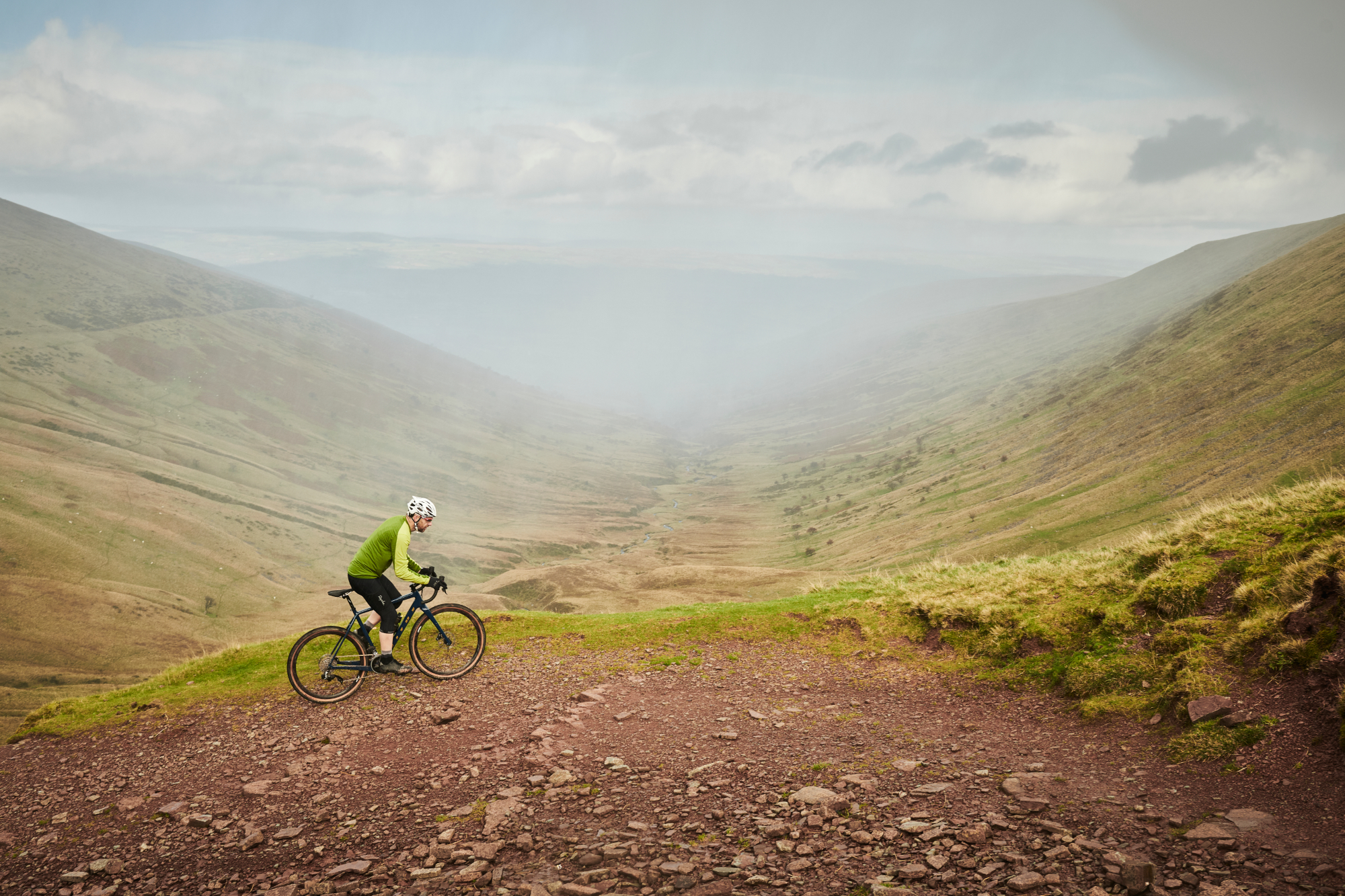
“Do you use it to learn more about cycling?,” Perry asks. “Do you follow lots of physios or bike fitters or coaches that you can learn from?”
Or is it more for the entertainment factor? “Is it that you like seeing how the pros race and train?”
Perhaps it’s actually to keep tabs on those closer to home. “Is it that you want to connect with other people that ride in your area?”
“Be really intentional about the way you use social media to get from it what helps you and audit it, so you don't get the stuff that harms you,” she advises.
Audit who you’re following
While it can be beneficial to cut back the time you spend on social media, Perry also recommends doing a social media audit so that the time you are spending on the sites is beneficial to your wellbeing rather than detrimental.
“Actively look through who you follow and filter out the people that make you feel bad,” she advises. “That could be because you just find yourself comparing yourself with them too much, or because you can see they’re only putting out the glossy highlights and not the reality.
“You get to choose who comes into your phone, and then into your headspace,” she stresses. “You don’t have to suck up the stuff that makes you feel bad.” So make sure you do.
If you don’t want to upset someone, Perry advises muting them. You may not want to see someone's posts in your feed for your mental health but at the same time you don’t want to fall out with them, muting is your friend in these circumstances.
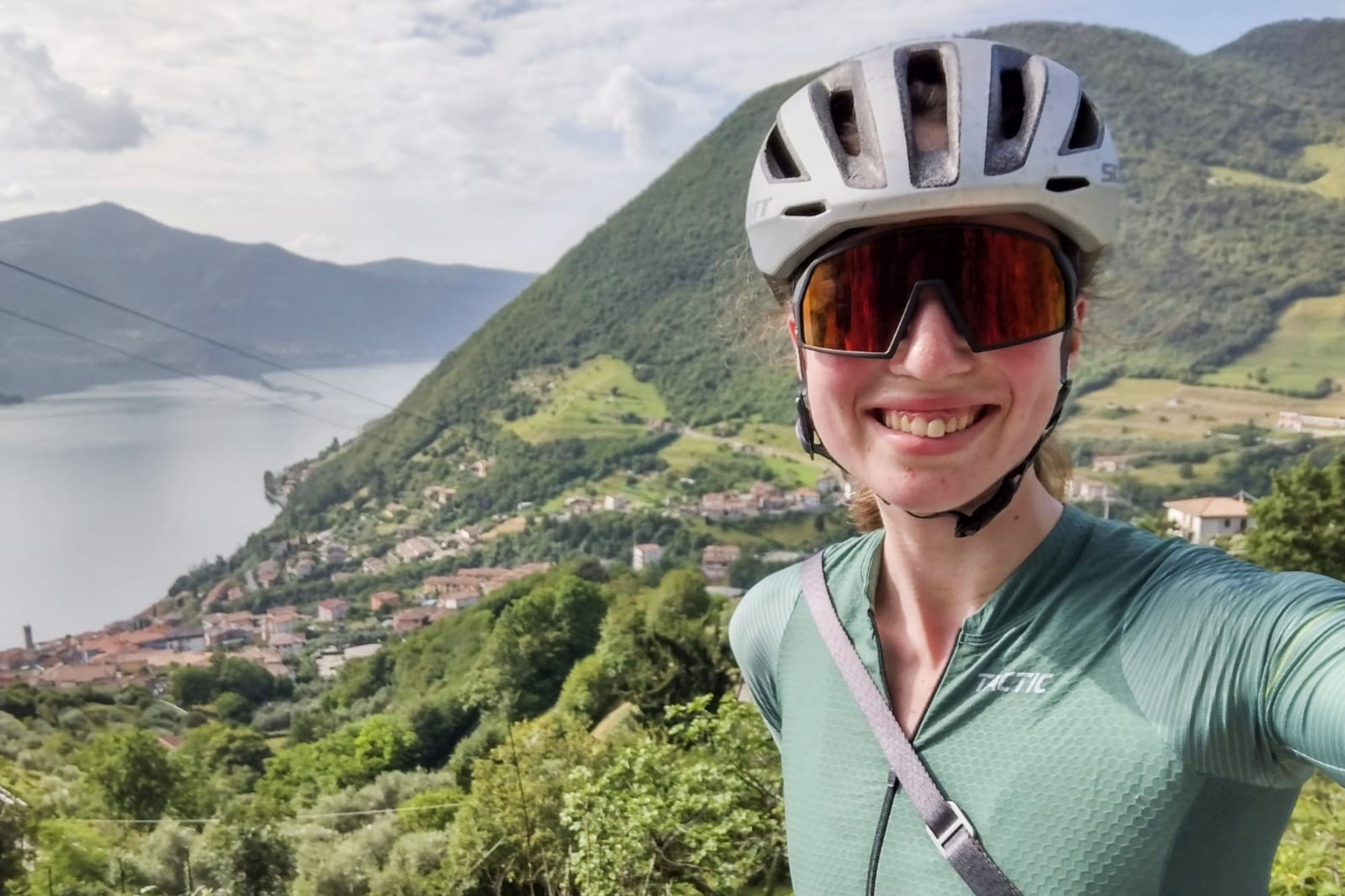
I’ve been hooked on bikes ever since the age of 12 and my first lap of the Hillingdon Cycle Circuit in the bright yellow kit of the Hillingdon Slipstreamers. For a time, my cycling life centred around racing road and track.
But that’s since broadened to include multiday two-wheeled, one-sleeping-bag adventures over whatever terrain I happen to meet - with a two-week bikepacking trip from Budapest into the mountains of Slovakia being just the latest.
I still enjoy lining up on a start line, though, racing the British Gravel Championships and finding myself on the podium at the enduro-style gravel event, Gritfest in 2022.
Height: 177cm
Weight: 60–63kg